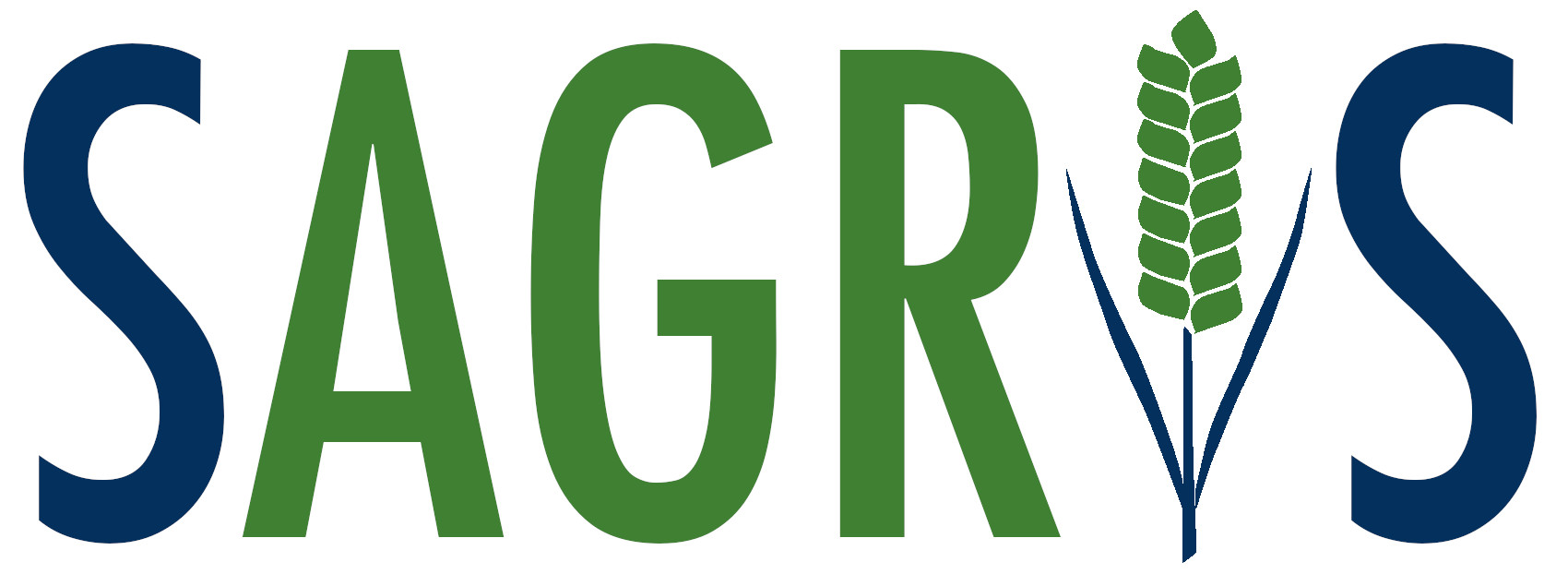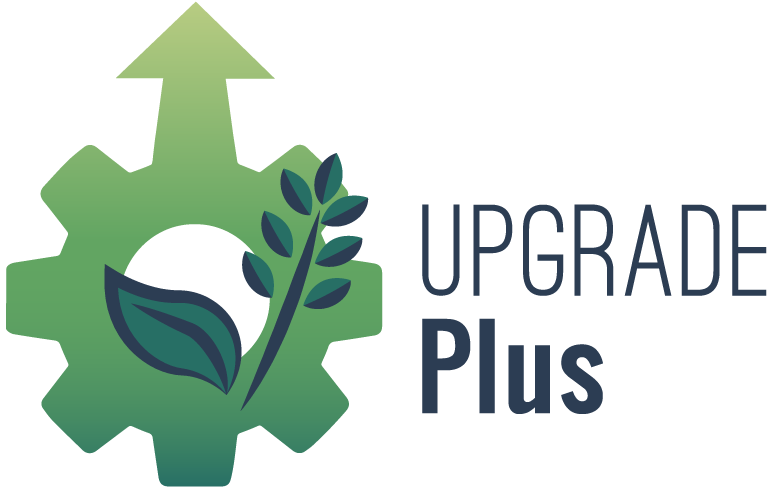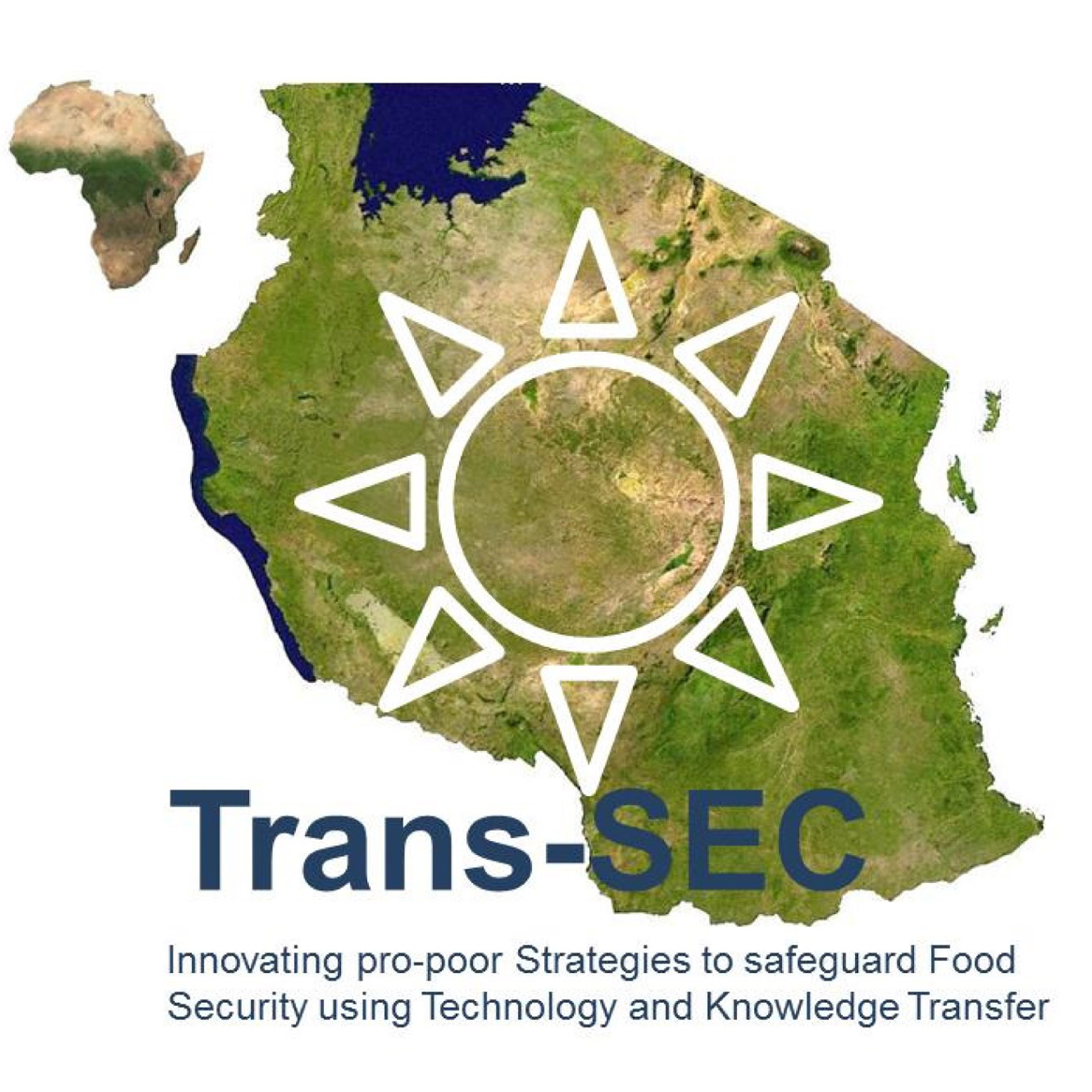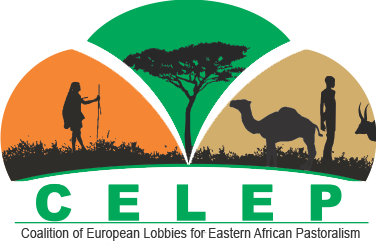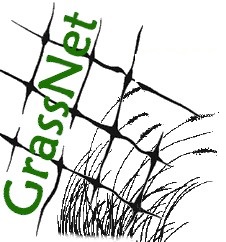Advancing methods in transdisciplinarity research and multi-actor collaboration
DITSL’s social-ecological research programme takes an actor-oriented approach to address complex problematic situations, such as food insecurity and poverty, and to facilitate innovation processes.
Transdisciplinarity, the close cooperation of different societal actors and researchers from various academic disciplines, is core to our work. It is implemented as a collaborative learning process that starts with identifying actors and establishing a cooperation, and ends with applicable and tested solutions or new practices that ‘work’ under the specific conditions and constraints faced by the actors.
Actor-oriented approach
We conceptionalise farming and food systems as human activity system. This puts the human actors at the center of the innovation processes. In agricultural development we consider that farmers have established and maintain their farms through their activities, and that it is also them that can purposefully change or transform their systems through their actions and decision making. Other actors, e.g. market partners, consumers and policy-makers, influence the decisions taken ‘on the ground’ and contribute to outcomes in terms of income generation, food and nutrition security, equity, sustainability and resilience. In the innovation processes we therefore use an actor-oriented approach and focus on the various actors and their activities.
Our methods
We make use of a wide array of social science methods, including for example narrative and semi-structured interviews, observation and simulation exercises, and participatory video, to explore the context in which innovations must function.
We further use system science and management tools for analysing farmers’ knowledge, identifying entry points for innovations and facilitating change.
Cooperation among actors and value chain development are supported by stakeholder analysis and multi-stakeholder processes.
The collaborative learning process, which is at the ‘heart’ of our research activities, relies on action research and other group-based and experiential learning methods. Participatory Monitoring and Evaluation (PM&E) tools help strengthen innovation capacities in the longer term.
Project flyer:
» Selected publications
Research – Focal Areas
Social ecology of tropical land-use systems
DITSL’s social-ecological research programme takes an actor-oriented approach to address complex situations in food security, resource management, value chains, food systems under global change processes. DITSL focusses on four main areas:
Our Mission
We strive for deepening academic understanding of the complexity of farming and food systems and for developing further research methods and approaches that facilitate inclusive and transformative innovations.
Our overall aim is to strengthen innovation capacity of all actors involved and to contribute to more sustainable and resilient farming and food systems worldwide.
» Our projects
Publications
UPGRADE Plus
In the frame of the BLE-funded project:
Decentralized postharvest processing of underutilized species into innovative value added products for improved food and nutrition security in West Africa
DITSL leads the workpackage 6
Development of innovative capacity building strategies to support women’s group processing businesses.
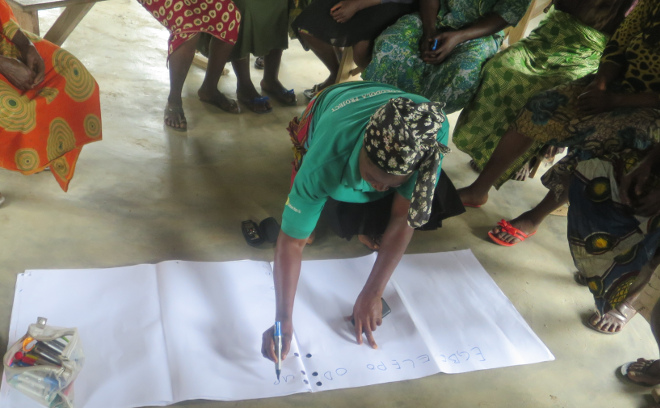
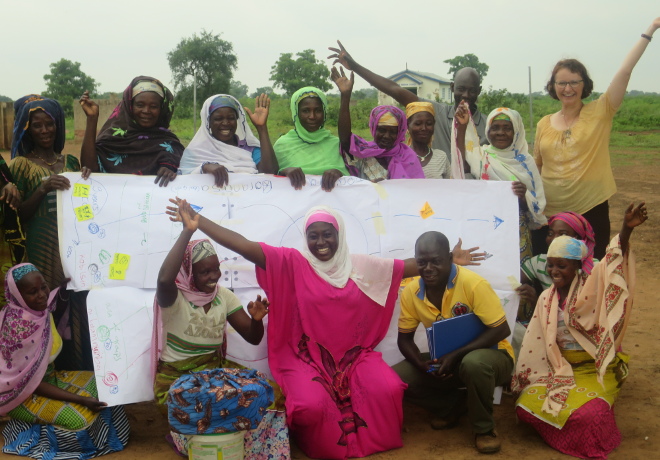
Photos by Tomi Ojo, Nigeria (l), Solomon Chikpah Kofi, Ghana (r), 2018
Empowerment of women, especially of self-help women’s groups to process under-utilized species, is core to UPGRADE Plus because of their primary roles in childcare and household food production. Strengthening women’s income generating opportunities leads to more food availability for households and particularly for children. The German Institute for Tropical and Subtropical Agriculture leads WP6 and aims to build capacity with women’s groups by guiding them through a collaborative learning process to develop their own processing businesses using locally available materials and renewable energies. Transdisciplinary research conducted with participating women’s groups will assess the situation, arrive at a joint problem-definition, test the processing units, and finally, monitor and evaluate the processes to fine-tune their business model for greater sustainability. This will contribute to food security in Sierra Leone, Ghana and Nigeria by extending the shelf-life of under-utilized species, thereby increasing the availability of nutritious foods through new and diversified value chains. To share the lessons learnt, outreach materials will be co-developed with the women’s groups so that others can gain motivation and inspiration to process under-utilized species into nutritious food products, improve their livelihoods and create change in their regions.
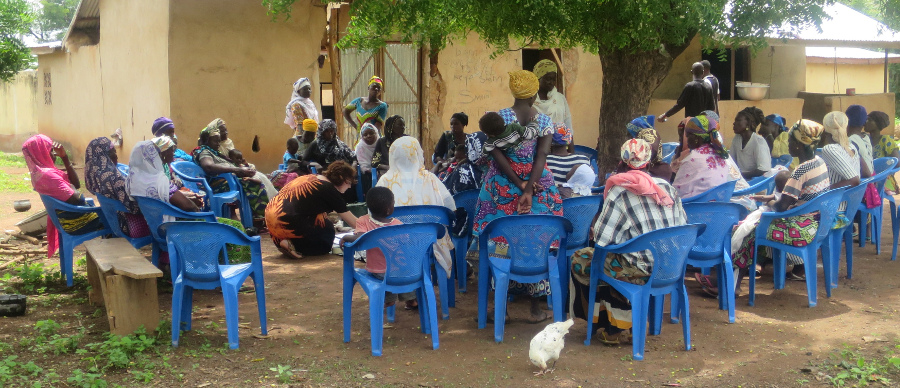
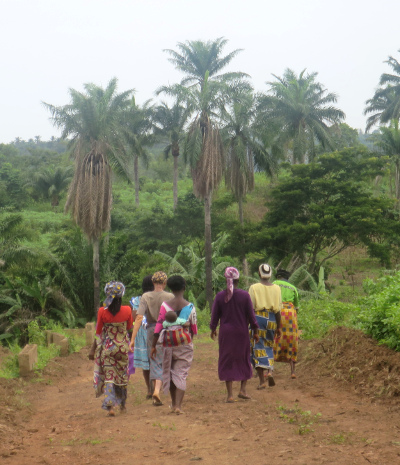
Photos by Solomon Chikpah Kofi, Ghana and Margareta Lelea, Nigeria, 2018
UPGRADE Plus consortium consists of six partners from 4 different countries. These include University of Kassel (Germany) as the Project Coordinator, German Institute for Tropical and Sub-Tropical Agriculture (DITSL) (Germany), Innotech Ingenieursgesellschaft mbH (Germany), University for Development Studies (Ghana), Njala University (Sierra Leone), National Horticultural Research Institute (Nigeria)
Coordination:
Prof. Dr. Oliver Hensel and Dr. habil. Barbara Sturm, Agricultural and Biosystems Engineering, Faculty of Organic Agricultural Sciences, University of Kassel
Team members:
Prof. Dr. Brigitte Kaufmann – WP6 Co-Leader
Dr. Margareta Amy Lelea – WP6 Co-Leader
Dr. Simon Adekunle Oyegbile – Research staff in Nigeria
Mrs. Rashida Chantima Ziblila – Research staff in Ghana
Ms. Lydia Madintin Konlan – MSc student with fieldwork in Ghana
Ms. Kayfe Rosaire Nwosu – MSc student with fieldwork in Nigeria
Mrs. Ugochi Geraldine Akalonu – MSc student with fieldwork in Nigeria
Ms. Oluwakemi Omowaye - Research staff in Nigeria
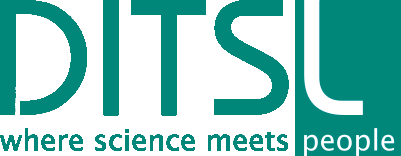
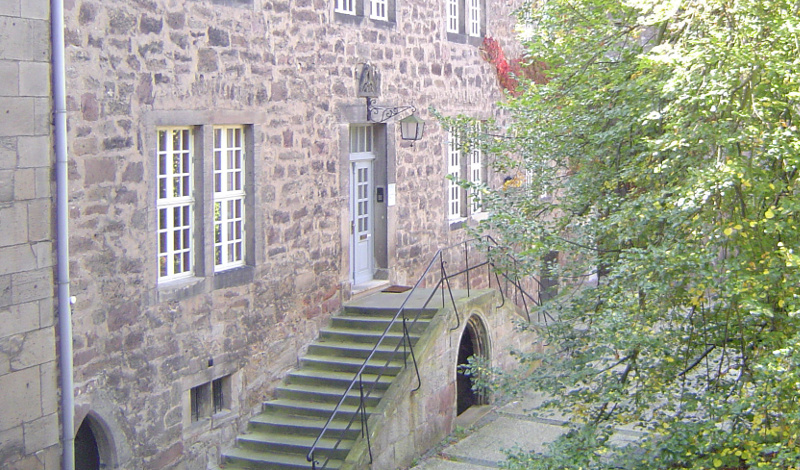
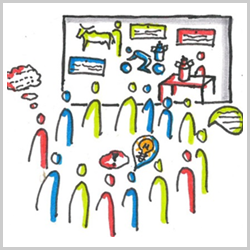


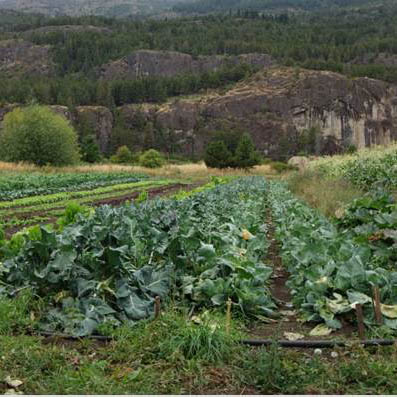




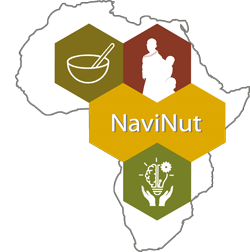 NaviNut
NaviNut